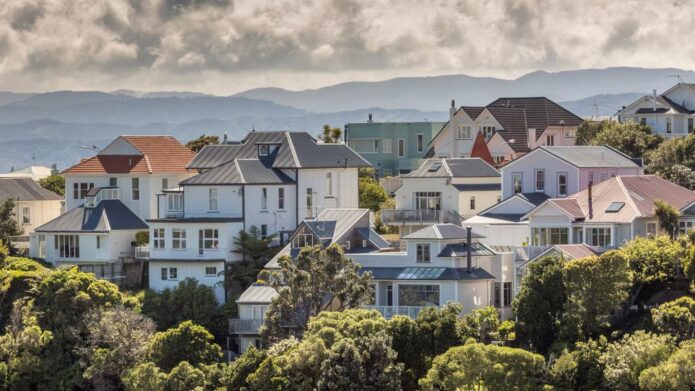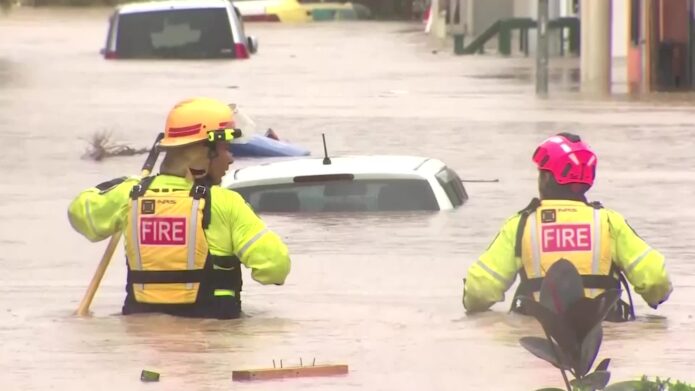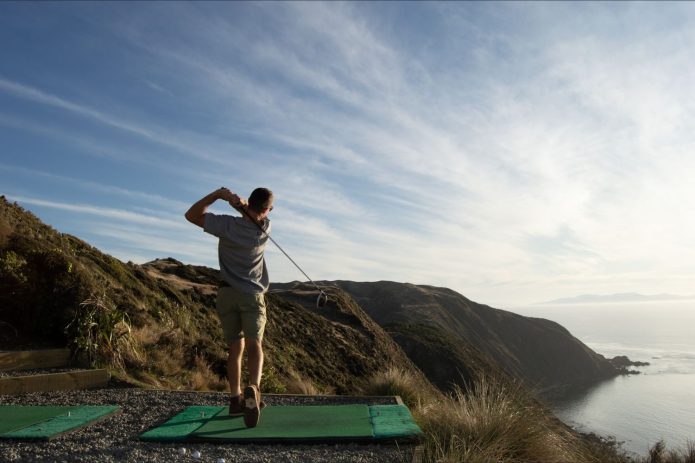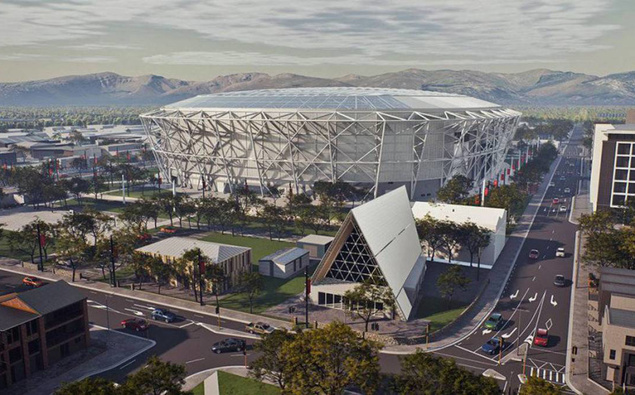PHOTO: It is all go – New Christchurch Stadium. FILE
Christchurch city councillors have met and voted to give the go-ahead to build the contentious $683m stadium.
Melanie Coker, Sara Templeton and Celeste Donovan were the only councillors who voted against pressing ahead.
Councillors faced three choices; build the covered stadium, hit the pause button and re-evaluate the project, or scrap it altogether.
The project board had negotiated a fixed-price contract for the 30,000-seat multi-use arena, following a $150m budget blowout blamed on rising international construction costs.
The $683.1m price tag was the the total amount to go ahead, incorporating factors such as contingency funds, as well as the building and construction costs, council’s manager of citizens and community, Mary Richardson, said.
The government had pledged $220 million to the multi-use arena but did not intend to help the council cover the budget blowout.
For and against
Christchurch mayor Lianne Dalziel opened the debate among councillors by urging them not to consider it a done deal, to consider their legal obligations and ongoing costs for the facility, and to regard consultation feedback as only one factor in the mix.
Dalziel said she had never been convinced by the business case and anticipated returns projected for the project, and: “That cost increases with this decision today.
“The costs have risen by up to $200m… which is a significant amount. We need to go into this decision as councillors with eyes wide open.”
She recognised the high level of public interest in the project shown by the number of submissions, but said: “This was not, and cannot legally be a referendum – it is one input into the decision we make today.”
Deputy mayor Andrew Turner said, while he hoped that finding funds for the stadium project would not cost the community valuable progress in economic and social projects, or revenue providing facilities, he believed the council needed to act decisively and “put Ōtautahi/Christchurch on the map”.
As his term on council came to an end, he believed giving the stadium the go-ahead would leave an on-going legacy.
Councillor Jimmy Chen said while he wanted the stadium to go ahead, and recognised it meant rates would rise because of it, he believes council must create more avenues for those on low incomes to pay less in rates.
Would you like to promote your business/brand with us? Please complete the CONTACT form and we will be in touch….
Your message has been sent
Yani Johanson said he believed the project needed to go ahead now, after long delays that had proved costly.
However, he said additional funding sources should be sought so that “inevitable budget reprioritisation” would not take funds from fixing the city’s “munted infrastructure” such as roads and footpaths in the east, the stench from the organics and wastewater treatment plant, or the need for investment in social housing and social well-being.
Melanie Coker said she would vote against the project as many people could not afford a further rates increase, and opposed to the project told her they had not made submissions because they did not believe council would listen to them.
She said the touted economic benefits were not ensured and costs could increase further, at a time when national and global communities face grim projected economic challenges in the future.
Sara Templeton said the project was “a clear case of privatising the profits and socialising the cost”. She said that was hard to justify.
She believed the consultation feedback did not reflect the position of the majority of residents, and seconded the point that many who did not have faith in the council had not taken part.
If the project went ahead it could contribute to “erosion of trust in council processes”.
Celeste Donovan said while the stadium was a ‘feel-good project’, councillors were elected to make tough calls in the community’s interest.
“Leadership means looking at who benefits and who pays…. in my view council should not be gold-plating the central city at the expense of communities still waiting to get earthquake repairs.”
Sam MacDonald said the sunken costs decided him, and council should “get on with it.”
More about the money
Council chief financial officer Leah Scales said the project had previously been approved at a cost of $483m to the council and $230m to the crown. That had been budgeted for in the Long-Term Plan (2021-31).
But in August last year, council had agreed to change the design to increase the stadium’s seating to 30,000 people, costing another $50m that was not budgeted for.
If the council abandoned the project, Scales said, it would avoid a potential rate increase, “however there would be a $40m sunk cost” on work already done such as consultation and design.
READ MORE VIA NEWSHUB
MOST POPULAR
 20-year-old buys first home after ditching waitress job for OnlyFans
20-year-old buys first home after ditching waitress job for OnlyFans Property investor charged with fraudulently obtaining millions of dollars in home loans
Property investor charged with fraudulently obtaining millions of dollars in home loans Real estate agent shares two radiant last pictures of his wife who tragically died
Real estate agent shares two radiant last pictures of his wife who tragically died Developer seeks to turn $12.5m heritage farm into luxury golf course | WATCH
Developer seeks to turn $12.5m heritage farm into luxury golf course | WATCH Goodbye NZ, G’day Australia: Last one turn off the lights
Goodbye NZ, G’day Australia: Last one turn off the lights REAL ESTATE MARKET CHANGES: New Zealand lost 11,000 people in a year
REAL ESTATE MARKET CHANGES: New Zealand lost 11,000 people in a year THE ANCIENT STONE CITY: Proof of NZ civilisation before Kupe
THE ANCIENT STONE CITY: Proof of NZ civilisation before Kupe Abandoned land for sale
Abandoned land for sale Propellor Property Investments | Statement – Nikki Connors
Propellor Property Investments | Statement – Nikki Connors Real estate brand @realty brings 100% commission with no fees to NZ | WATCH
Real estate brand @realty brings 100% commission with no fees to NZ | WATCH













